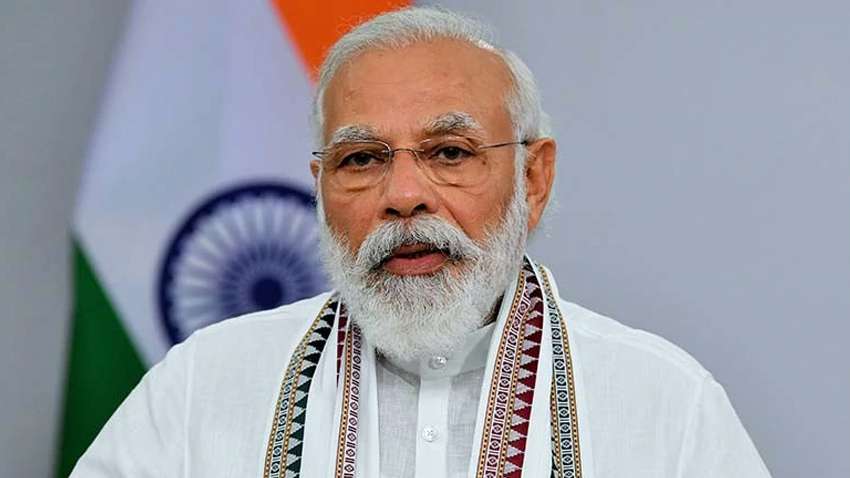KATHMANDU: India recently announced a number of Income Tax reforms to further digitize the tax-paying system and add more transparency.
This new platform is aimed to ensure a transparent tax environment by eliminating the physical interface between the tax authorities and taxpayers.
“The new platform, apart from being faceless, is also aimed at boosting the confidence of the taxpayer and making him or her fearless,” said Indian Prime Minister Narendra Modi while unveiling the platform.
With this, Modi officially launched the ‘transparent taxation’ platform having components that comprise— faceless appeals by taxpayers, faceless assessment of taxpayers, and the Charter for the taxpayers.
Faceless Appeals in transparent taxation reforms
The all-new Faceless Appeals basically targets to gain transparency and public trust in the system.
The appeals made by a taxpayer will be randomly allotted to any Income Tax officer in the country and interestingly taxpayer will not require to visit the officer or the office.
Likewise, the appellate decision will be team-based and reviewed appropriately. However, the identity of officers deciding the appeal will remain unknown.
The exceptions will be applied in the cases relating to major tax evasion, frauds, sensitive and search matters, black money act and international tax.
Faceless Assessment system
The Faceless Assessment system is a system where the selection of any appeal by a taxpayer will be selected only through the system using data analytics and artificial intelligence.
Some major features are:
Abolition of territorial jurisdiction.
Automated random allocation of cases.
Central issuance of notices with document identification No. (DIN)
No physical interface, no need to visit the income tax office.
Team-based assessments and Team-based review
Draft assessment order in one city, review in another city and finalization in the third city
Taxpayers’ charter
The taxpayers will not be harassed or treated with suspicion here on with the ‘Transparent Taxation Honoring the Honest’ that is aimed at carrying forward the journey of direct tax reforms, claimed Prime Minister Modi.
What is more interesting is, as per the Taxpayers’ Charter, taxpayers will now have the right to choose their representatives, file complaints and seek disposal of issues in a timely manner.
However, the taxpayers will have to mandatorily maintain precise and lethal records, disclose required information, and pay all their taxes on time.
The charter enumerates both the rights and obligations of taxpayers. It should be noted that India is among a few countries giving such rights and dignity to the taxpayers.
Conclusion: Lessons to be learnt
The government of India has undoubtedly put forth an innovative action plan to reduce trouble for taxpayers and encourage people to pay tax even during the Covid-19 pandemic.
This new policy will not only increase the amount of revenue generation but also motivate people to pay tax sincerely.
Instead of waiting for the crisis to be over India has taken this opportunity to plan ahead of time to boost not only the economic activity but also boost morale and confidence. These measures and steps taken by India is surely a learning lesson to other South Asian countries.
The bottom line:
Every crisis is a risk for the economy but every risk presents itself with new opportunities. Nepal being India’s nearest neighbor of India should learn from this new policy introduced by India.
The tax payment system in Nepal is not up to the mark and reaching this level is very challenging.
However, with proper plans and policies and guidance from India, Nepal can make sure to bring such innovative plans to encourage the public to happily pay tax.
One of the lessons to be learned is that economic activity can only increase if and when the population’s morale and confidence are boosted.
This new policy has shown that realizing the essence of the public is crucial when it comes to economic development.
It is never too late to bring new ideas, and schemes to uplift the economy, so Nepal along with other south Asian countries should take this as an example and get motivated working towards introducing innovative schemes such as the Faceless Taxation by India.









Comment